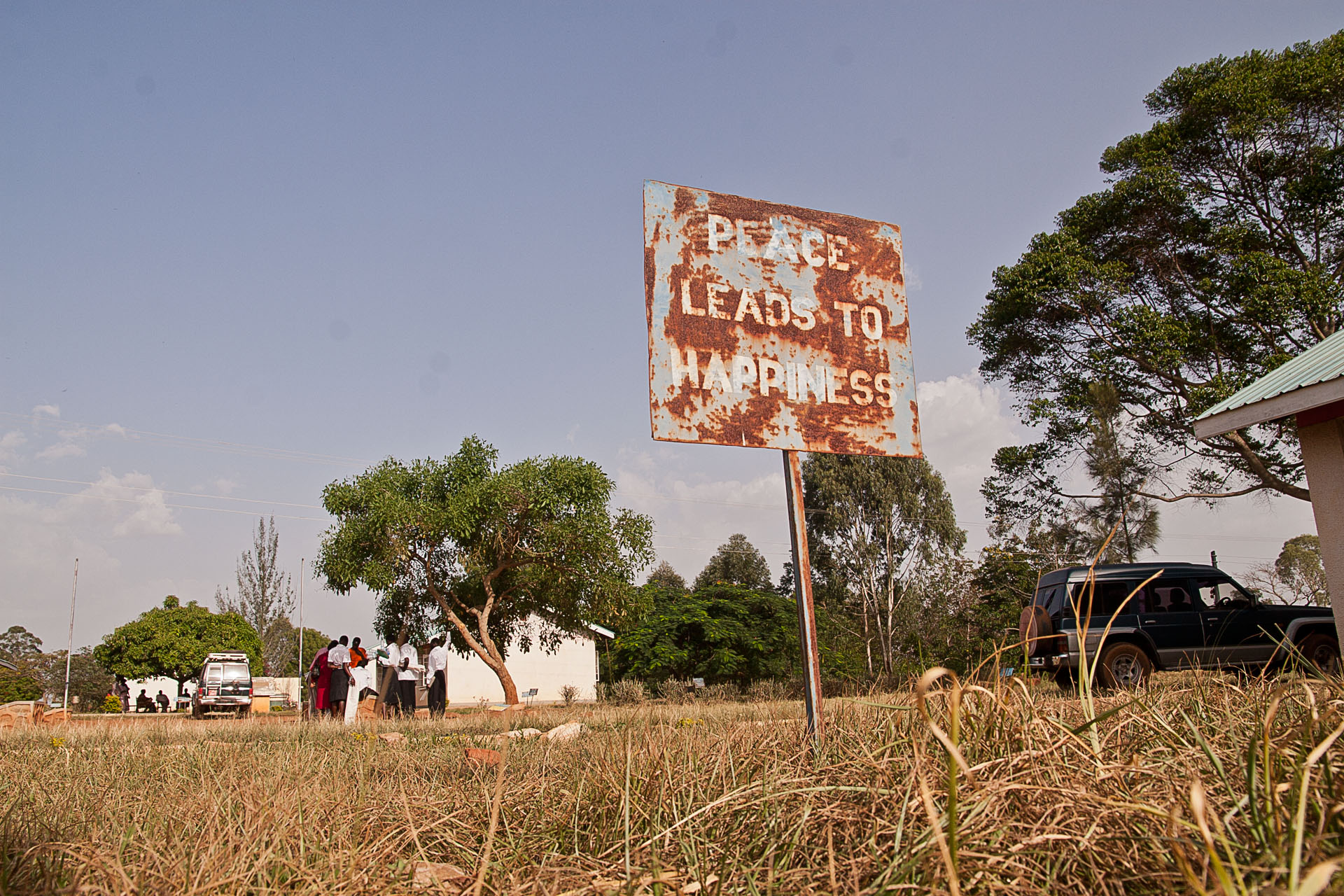
Using life histories to explore gendered experiences of conflict in Gulu District, northern Uganda: Implications for post-conflict health reconstruction
Sarah Ssali and Sally Theobald
South African Review of Sociology Volume 47, Issue 1, 2016
This article discusses how the life histories approach was used to explore how the 20-year conflict in northern Uganda transformed people’s lives. Presenting the experiences of 47 men and women before, during and after the war in northern Uganda, and how gender and power(lessness) shaped their experiences, it explores the implications for health care reconstruction.
Abstract:
The dearth of knowledge about what life was like for different women and men, communities and institutions during conflict has caused many post-conflict developers to undertake reconstruction using standardised models that may not always reflect the realities of the affected populations. There is a need to engage with and understand the life experiences, transformations and social concerns of people affected by conflict before, during and after the conflict in order to develop appropriate and context embedded post-conflict reconstruction strategies. This article discusses how life histories were deployed to explore how the 20-year conflict in northern Uganda transformed people’s lives. It presents how 47 men and women lived, experienced and remembered the war in northern Uganda, and the implications for health care reconstruction. By focusing on what the respondents considered major life events in their narratives of war experiences, the article shows how through using life histories, the respondents were empowered to narrate in their own voices their experiences of war; how gender and power(lessness) shaped their experiences and their ‘situatedness’ within the conflict and thereafter; and the implications this has for post-conflict health reconstruction. The life history method enabled the researchers to surmount the subjective nature of narratives of war and its after effects, permitting the researchers to construct a picture of how experiences and challenges to well-being, health and health care seeking changed through time and what needs to be done to ensure post-conflict development prioritises the multiple health care needs of those most impoverished by the war.
You can access the full paper via this link.
Image: Gulu, Uganda, March 2002. Martin Bekkelund, Flickr